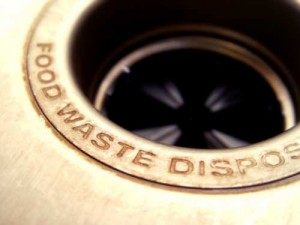 Commercial cooking facilities like restaurants, schools and resorts are required by building codes to install grease traps in all sinks, dishwashers, and floor drains. The grease trap as the name implies – traps cooking grease, oils and fats while letting waste liquid run down the drain. The different parts of commercial Miami grease traps work together to retain 90% of fats, oils and grease and let through effluent liquid. Commercial plumbing companies classify grease traps as the first line of defense against sewer back ups and stubborn obstructions that can lead to expensive business down time.
Commercial cooking facilities like restaurants, schools and resorts are required by building codes to install grease traps in all sinks, dishwashers, and floor drains. The grease trap as the name implies – traps cooking grease, oils and fats while letting waste liquid run down the drain. The different parts of commercial Miami grease traps work together to retain 90% of fats, oils and grease and let through effluent liquid. Commercial plumbing companies classify grease traps as the first line of defense against sewer back ups and stubborn obstructions that can lead to expensive business down time.
Separating waste liquid from greasy matter, the Miami grease trap is vital to the sanitary conditions of commercial kitchens. Over accumulation of grease, fats and oils in the trap will impede the separation process and let down the drain the above substances. Released grease, oils and fats in the drain can solidify and form major obstructions in the plumbing system, indeed commercial plumbers report that grease clogs have lead to complete pipe replacements in many cases.
Commercial Miami grease traps must be cleaned on a regular basis to ensure the good working condition of this device. Commercial plumbing services warn that unclean grease traps may lead to sewer back flows, offensive odors and high financial penalties.
Ensure the proper treatment of grease traps with the following do’s and don’ts:
DO’s
- Leftovers should be scrapped off dishes and into the garbage to avoid running fibrous material down the drain.
- Maintain a regular cleaning schedule of the trap.
- Avoid rinsing hot pans and pots down the drain and risking costly plumbing problems. Instead scrap cooking oils, fats and greases and butter into empty containers (tins, cans) and throw to the garbage.
DON’Ts
Natural bacteria in the grease trap decompose fat, oil and grease into water and carbon dioxide. Chemicals such as bleach, emulsifiers, and enzymes kill natural bacteria and inhibit the separation process of the Miami grease trap. For this reason never try and clean traps with chemical agents, instead call in your local commercial plumbing services for effective treatment.


